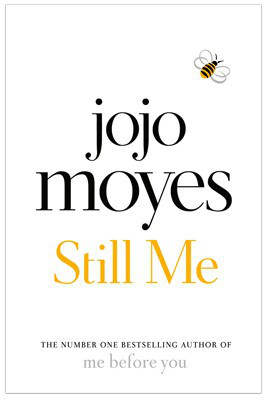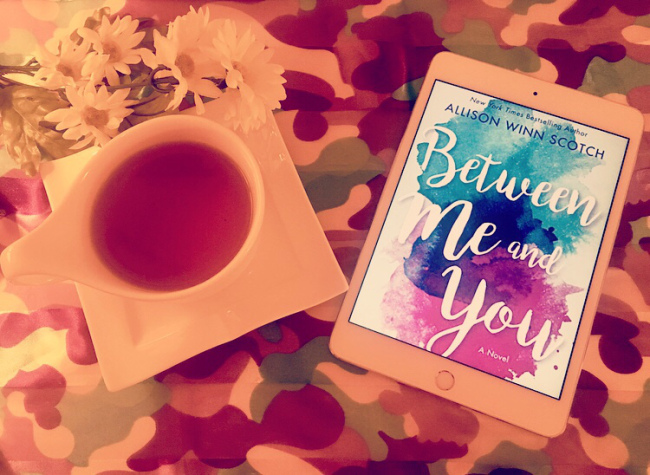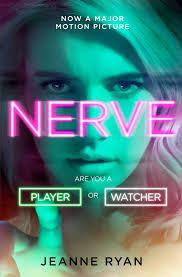 Another good British mystery for free on Kindle (courtesy of BookBub, of course), though not set in Brighton this time. Captain Gabriel Lacey has returned to London from fighting in the Napoleonic wars, with military honors but very little else. At loose ends, he runs across a tragedy and alleged murder, and through a strong sense of honor and nothing much else to do, he throws himself into investigating and trying to right wrongs. (As a quick aside, I often don’t even see the covers on my kindle, so I saw it for the first time when pulling the photo for this review, and I don’t recognize a connection to any of the characters, plot, or mood, so truly do not base this book on the cover.)
Another good British mystery for free on Kindle (courtesy of BookBub, of course), though not set in Brighton this time. Captain Gabriel Lacey has returned to London from fighting in the Napoleonic wars, with military honors but very little else. At loose ends, he runs across a tragedy and alleged murder, and through a strong sense of honor and nothing much else to do, he throws himself into investigating and trying to right wrongs. (As a quick aside, I often don’t even see the covers on my kindle, so I saw it for the first time when pulling the photo for this review, and I don’t recognize a connection to any of the characters, plot, or mood, so truly do not base this book on the cover.)
The mystery is very well plotted, with complex twists and turns, and the mood is nice and noire, with a cynical protagonist battling against an uncaring world. It is that protagonist that really makes the book, though. Captain Lacey is a complex character; from a poor but genteel family, he found patronage in the army that allowed him to rise in ranks. At the time of this first novel, though, he has been injured and discharged, severed from his patron, and has no money and no real way of making it.
The mixture of circumstances has given him access to a wide cross-section of society. He rents a room in a dilapidated boarding house surrounded by prostitutes and thieves, but receives invites to society events feting any returning war heroes of note that the hostesses can get their hands on.
Additionally, he describes himself as suffering from ‘melancholia,’ and it is fascinating, though somewhat agonizing, seeing the Victorian perspective on depression. Lacey is generally thoughtful and considerate of others, until he suddenly isn’t, and is either washed away in mindless rage, or completely debilitated, pushing all friends away from him.
The thing is, I tend to avoid books that give any more than a cursory description of depression. As someone with mild depression myself, reading about other people’s struggles can bring my own to the forefront. To some degree, it sucks because I miss out on finding familiarity and understanding, but it just isn’t worth it to me.*
All of this to say I probably won’t continue with this series, though I do still highly recommend it.
*As a solid GenX-er, I’m not always as open to the new concepts coming from the millennial generation as I’d like to be. It’s also clear that I’m not alone in struggling with the concept of “triggering.” Conservative pundits love to drag out being triggered as synonymous with being offended or insulted. I myself had thought of it in terms of veterans with PTSD panicking at fireworks, and that using the term in lesser circumstances was a bit overblown. However, the truth is that I don’t like to read about depression because of the likelihood that it will trigger my depression. It isn’t catastrophic if it does happen, but it makes my life a little harder, so I avoid it, and I have greater understanding now of others trying to do the same.
Like this:Like Loading... Related




